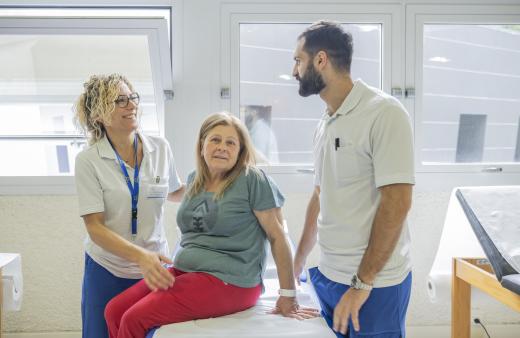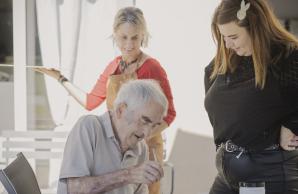Healthy ageing: age isn’t what you think it is

A person’s age on their identity card doesn't tell the whole story. It doesn’t determine your state of health, your level of independence or your ability to cope with life’s ups and downs. What really matters is your biological age – the ages of your cells, organs, cognitive and physical functions.
In this video, Prof. Antoine Piau, Group Chief Medical, Ethics, and Health Innovation Officer at Clariane, shares key insights to improve our understanding of this still largely unknown reality:
The goal is not to age at any cost, but to grow old in good health.
Why is biological age so important?
Since the 1950s, life expectancy has increased by more than 20 years. However, ‘healthy life expectancy‘ remains lower. This difference highlights the importance of taking early and comprehensive action to preserve what are known as essential functions: memory, mobility, vision, hearing, nutrition and moral well-being, etc.
This is the challenge of a preventive and personalised approach based on the assessment of actual capabilities rather than chronological age alone.
A vision at the heart of our support model
At Clariane, this approach guides our commitment to prevention, particularly through our implementation of the WHO’s ICOPE programme, in partnership with the Toulouse University Hospital. The aim is to detect the early signs of frailty so that action can be taken before there is any loss of independence.
To find out more and understand how the concept of frailty has transformed the way we view ageing, read our article on frailty, biological age and prevention “What if age doesn’t mean anything anymore? What is the true measure of ageing?”

